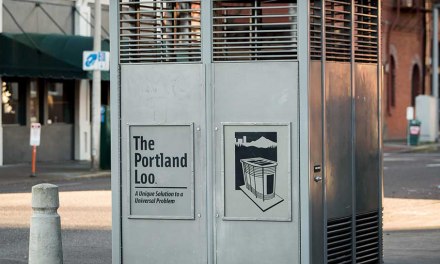Senate Leader Chuck Schumer of New York (D) introduced a bill recently to govern the proposed legalization of marijuana, this time at the Federal level. The House passed its own bill not long ago, and it differs in key ways. That means more changes to come, both to reconcile them and to have a reasonable hope for final passage.
No matter what, it remains a long shot as far the Senate is concerned. One reason to attempt to pass the bill now, as opposed to later, is that the GOP is expected to take over the majority at the beginning of next year. If so, it’s almost certain that the new Majority Leader will simply refuse to bring it to a vote. Let it die the slow death.
Political realities aside, the content of this current bill will almost certainly influence future bills of this type that are yet to come. Nobody expects the issue of cannabis legalization to go away. Not with the popular support it already has, plus all the new money that’s flowing into the fledgling pot industry. A summary of current status from the Politico website:
Schumer’s legal weed bill is finally here
If passed, the Schumer bill would:
- Expunge all federal records of cannabis convictions. There are a great many of those. In 2018, for instance, some 40% of total US drug arrests were for marijuana offenses. In 2020, cannabis arrests outnumbered all violent crimes put together. Not surprisingly, this proposal draws resistance among conservative elements, in both parties. Still, it’s a major issue for advocates; they’re not likely to support a compromise.
- Fund more resources for law enforcement to control cultivation. Probably a good idea, given how much outlaw pot is now grown in various parts of America. Of course, that means more arrests. Including all those foreign laborers imported from places like Central America and China to work the pot farms.
- Small business grants to communities assessed as suffering most from drug law enforcement. That’ll be poor communities, in large part. Such notions usually face stiff opposition from conservative elements in the Congress. There’s money involved, after all.
- Establish legal standards for impaired driving. Long overdue, but it could prove more challenging than hoped, with so many lawyers involved.
- Restrictions on marketing to minors. This is the direct outcome of the popularity of vaping among young people. Vape pens and other devices are widely used with cannabis products.
As the article notes, roughly two-thirds of Americans polled say they’re in favor of legalization. That can be deceiving, however, since the vast majority won’t have read the bill, and aren’t regular users in the first place. From the Statista website: “According to a survey conducted in 2021, 12 percent of American adults smoke marijuana.” Of course a much larger number of people will have tried the drug at least once, but that’s a different matter.
Besides, even if this bill did pass the Senate, there’s always a chance a sitting President would veto it.











